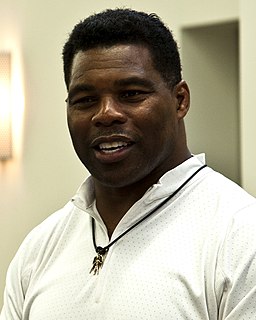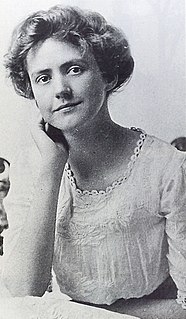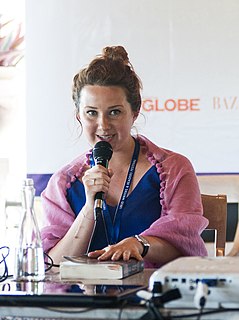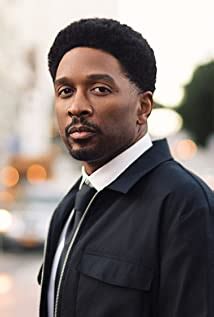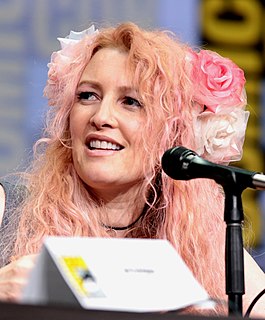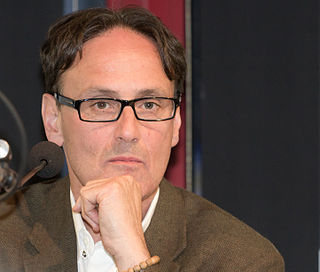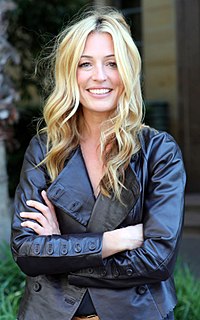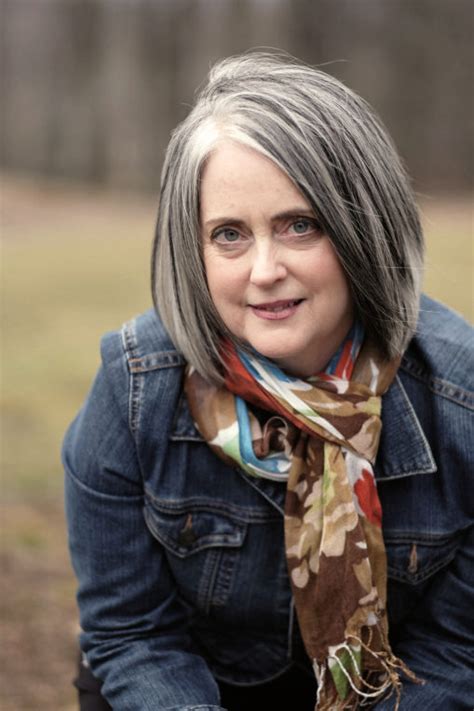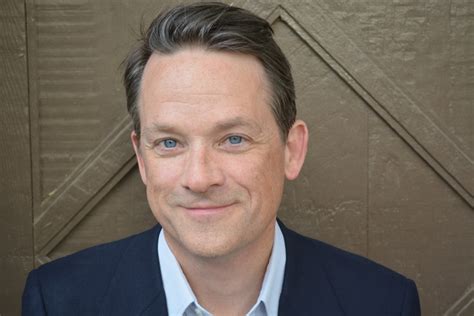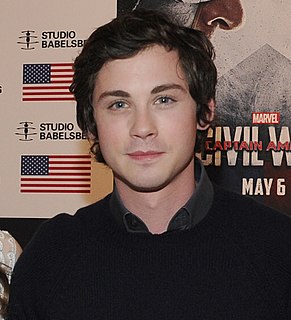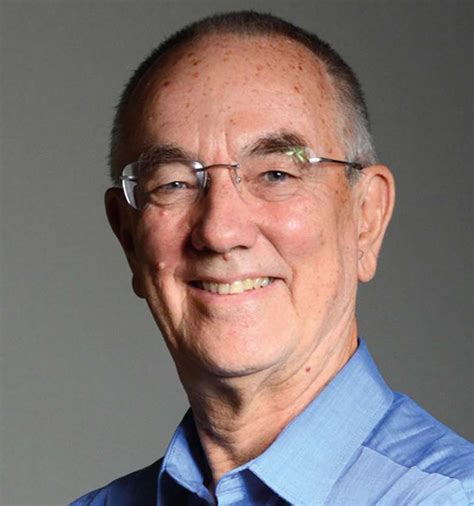Top 1200 Untold Stories Quotes & Sayings - Page 19
Explore popular Untold Stories quotes.
Last updated on December 23, 2024.
When he whom I love travels with me or sits a long while holding me by the hand, … Then I am charged with untold and untellable wisdom, I am silent, I require nothing further, I cannot answer the question of appearances or that of identity beyond the grave, But I walk or sit indifferent, I am satisfied, He ahold of my hand has completely satisfied me.
It is easy to forget how mysterious and mighty stories are. They do their work in silence, invisibly. They work with all the internal materials of your mind and self. They become part of you while changing you. Beware the stories you read or tell; subtly, at night, beneath the waters of consciousness, they are altering your world.
Telling purposeful stories is interactive. It's not a monolog. Ultimately, purposeful tellers must surrender control of their stories, creating a gap for the listener(s) to willingly cross in order to take ownership. Only when the listener(s) own the tellers' story and make it theirs, will they virally market it.
I view my stories as sexual or personal. Curiously, I don't. When I was writing those stories I thought of them as comedy pieces in the vein of performance monologue, such as you might get with Richard Pryor, or Lenny Bruce, or George Carlin. So I don't feel vulnerable because I know the line of demarcation between "Writer Kevin" and "Narrative Kevin."
Why the connection with musicians? I think it's because in the end we're doing very similar things - we're telling stories, we're using poetic, lyrical language, and we're distilling stories down into their simplest form. We're both telling a story in two languages - word and music for them; and word and image for me.
After all, enforced national bilingualism in this country isn't mere policy. It has attained the status of a religion. It's a dogma which one is supposed to accept without question....Make no mistake. Canada is not a bilingual country. In fact it is less bilingual today than it has ever been...As a religion, bilingualism is the god that failed. It has led to no fairness, produced no unity, and cost Canadian taxpayers untold millions.
In my lifetime I have seen democracy begin to expand, not only to include those who have been excluded, but to provide a listening arena, a vocabulary, an intelligent reception for stories that have been buried. Not just stories of the disenfranchised and the marginalized, but marginalized and disenfranchised histories even in the lives of the accepted and the privileged.
Writers shouldn’t underestimate the difficulty of what they’re doing, and they should treat it with great seriousness. You’re doing something that really matters, you’re telling stories that have an impact on other people and on the culture. You should tell the best stories you can possibly tell and put everything you’ve got into it.
I'm an optimist and my heroines seem to be that way, too. It's too much work to be cynical and distrusting. That doesn't mean I create perfect stories and perfect people, however. What this means is that my stories are resolved in a manner that leaves the reader with a feeling of hope and happy expectation . . . and wanting to reach for another one of my books.
What we have here is a rousing boy's adventure story, adapted from stories that Edgar Rice Burroughs cranked out for early pulp magazines. They lacked the visceral appeal of his Tarzan stories, which inspired an estimated 89 movies; amazingly, this is the first John Carter movie, but it is intended to foster a franchise and will probably succeed.
Literature is conscious mythology: as society develops, its mythical stories become structural principles of story-telling, its mythical concepts, sun-gods and the like, become habits of metaphoric thought. In a fully mature literary tradition the writerenters intoa structure of traditional stories and images.
Some of the stories I admire seem to zero in on one particular time and place. There isn't a rule about this. But there's a tidy sense about many stories I read. In my own work, I tend to cover a lot of time and to jump back and forward in time, and sometimes the way I do this is not very straightforward.
I'm not interested in stories. Stories are interesting but I don't think my head works that way. I remember at age 10 I dreamt of making animated cartoons as loops, something you could just project on your wall and look at from time to time. Kind of, something to stare at, something that's always there.
I definitely love history. I'm not formally trained or educated in history, but you could say I did go back to college in 2008 to do Untold History of the United States. That took five years. Co-author Peter Kuznick has been teaching history for something like 35 years, at American University and other places. His group of researchers brought me into contact with a lot of books.
I fall in love with certain stories. Those stories tend to be connected to my life some way - for instance, with my first book I was writing about the experience of coaching Little League in the Chicago inner city. But the common thread tends to be exploring some kind of mystery. Simple questions that spiral deeper.
The earliest influence on me was the movies of the thirties when I was growing up. Those were stories. If you look at them now, you see the development of character and the twists of plot; but essentially they told stories. My mother didn't go to the movies because of a religious promise she made early in her life, and I used to go to movies and come home and tell her the plots of those old Warner Brothers/James Cagney movies, the old romantic love stories. Through these movies that had real characters, I absorbed drama, sense of pacing, and plot.
Writers imagine that they cull stories from the world. I'm beginning to believe that vanity makes them think so. That it's actually the other way around. Stories cull writers from the world. Stories reveal themselves to us. The public narrative, the private narrative - they colonize us. They commission us. They insist on being told. Fiction and nonfiction are only different techniques of story telling. For reasons that I don't fully understand, fiction dances out of me, and nonfiction is wrenched out by the aching, broken world I wake up to every morning.
Even happy situations can easily start to feel miserable. So, I think that people who consider themselves sophisticated or who are in fact sophisticated have come to distrust stories that are uplifting or simply stories in which the characters get what they want in the end. Because in life, what you want is never the end.
My stories were translated and had many reviews before I had an interview with any international or Arab newspaper. If the stories hadn't succeeded, you wouldn't have asked me my position on Arab festivals and I wouldn't have been interested in the festivals anyway, because I would be in seclusion, writing.
As an activist, you do find yourself directed more toward public action. But I've always tried to use stories from my own life in my writing for instance. It has always been clear to me that the stories of each other's lives are our best textbooks. Every social justice movement that I know of has come out of people sitting in small groups, telling their life stories, and discovering that other people have shared similar experiences. So, if we've shared many experiences, then it probably has something to do with power or politics, and if we unify and act together, then we can make a change.
I thought I could capture the stories of the city on paper. I thought I could write about the horrors of the city. Horror stories you see. I tell you I didn't have to look far for material. Everywhere I looked, there were stories hidden there in the dark corners. . . . I wrote and still there were more. . . . No one would publish them. 'Too horrible,' they said. 'Sick mind,' they said. I thought I could write about the horrors of the city but the horror is too big and it goes on forever.
It is my belief that whereas the twentieth century has been a century of war and untold suffering, the twenty-first century should be one of peace and dialogue. As the continued advances in information technology make our world a truly global village, I believe there will come a time when war and armed conflict will be considered an outdated and obsolete method of settling differences among nations and communities.
Whether you look at 'Glee' and its normalization of gay identity or you look at the work of Martin Scorsese and the Italian-American community, American culture is able to take these stories, which are seen as marginalized, and just turn them into American stories. And you don't think twice about it.
We can just as easily have an economy that is based on healing the future instead of stealing it. We can either create assets for the future or take the assets of the future. One is called restoration and the other exploitation. And whenever we exploit the earth we exploit people and cause untold suffering. Working for the earth is not a way to get rich, it is a way to be rich.


